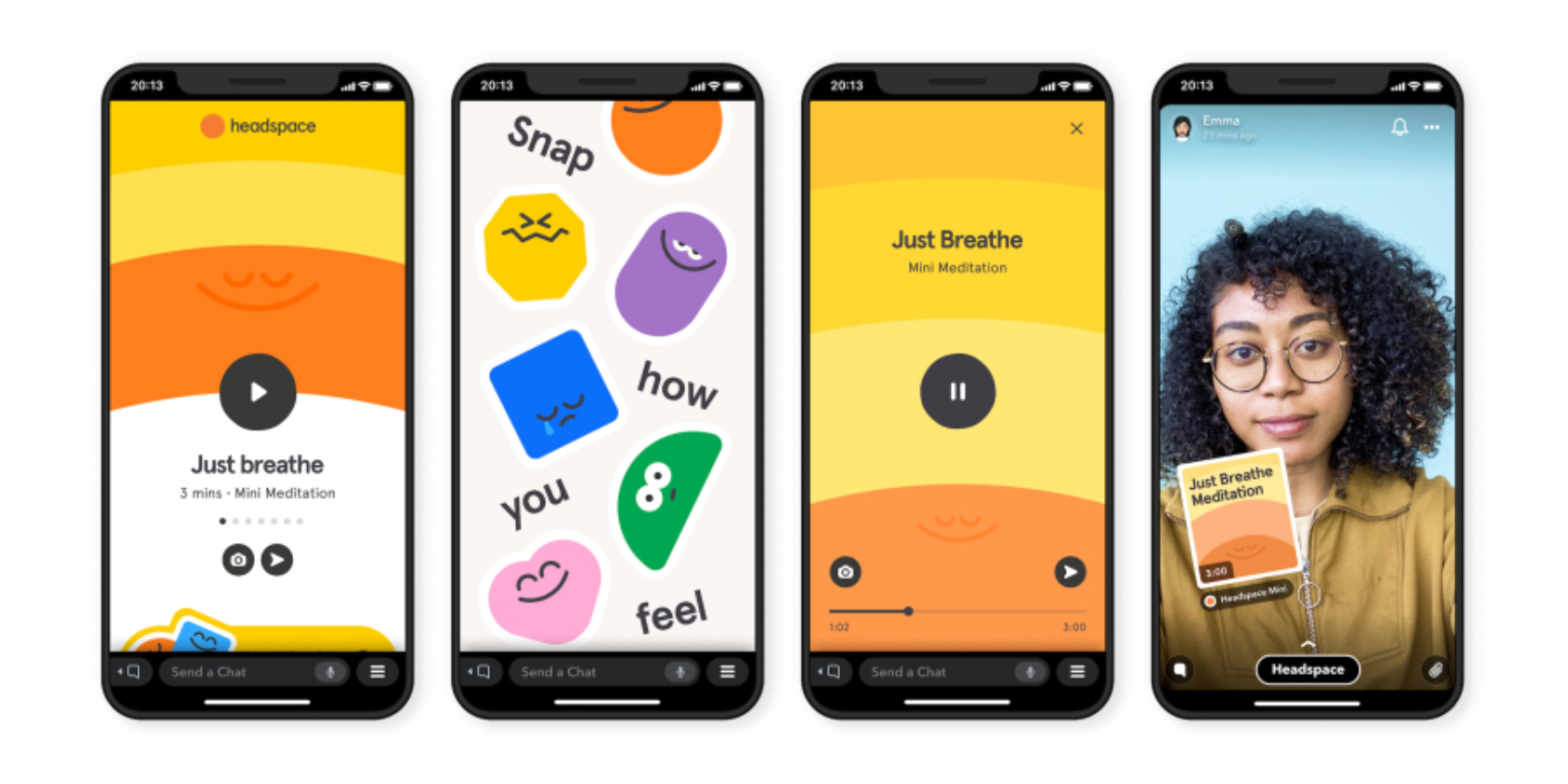These days, it’s easier than ever to keep track of our fitness goals. One of the most popular ways people do this is with a smartwatch, which allows them to add statistics and track others manually.
Two of the frontrunners in smartwatches for fitness are Fitbit and Apple Watch. Both are excellent purchases for several reasons, but their features differ—and knowing which to choose depends on your goals.
In this article, we’ll compare three Fitbit watch models with the Apple Watch Series 6.
What Is Fitbit?
Fitbit is a US-based health technology company. You’ll most likely have come across one of its watches in person, with hundreds of millions of devices sold worldwide.
At the time of writing in August 2021, three of Fitbit’s most popular products—and the ones we’ll compare to the Apple Watch in this article—are:
- Versa 3
- Sense
- Inspire
Besides its smartwatches, Fitbit also designs bands, scales, and more. Most Fitbit watches have a lower price point than their Apple counterparts.
Will Fitbit Work With Apple Health?
No. Fitbit watches do not work with Apple Health directly.
To use a Fitbit device with Apple Health, you’d need to use a third-party solution. This is because Fitbit watches use the Fitbit Operating System (OS), which is different from Apple’s WatchOS.
What Is the Apple Watch?
Apple Watches are a little younger than their Fitbit counterparts, with the first launching onto the market in 2015. If you’ve got an iPhone, you can sync your smartwatch with this to ensure ready access to all of your information.
Besides the Apple Watch Series 6, other devices include:
- The Apple Watch SE
- The Apple Watch Series 3
While users can track their fitness activity for free (after purchasing the device), Apple also offers a paid Fitness+ plan with exclusive benefits.
Okay, so now you have a better idea of what Fitbit and Apple Watch are. Let’s look at what they can offer you within five different fitness areas.
Fitbit vs. Apple Watch for Running

The Apple Watch makes it easy to track your runs. Once you’ve opened the Workout app, you can choose whether you want to run inside or outdoors. You’ll then have the opportunity to set goals, such as the number of calories you want to burn or a target distance.
With the Apple Watch, you can also pause your runs and check your routes—though you’ll need to do the latter of these from your iPhone.
The Fitbit Versa 3 is also an excellent option to take out on your morning jog. With this watch, you can use its built-in GPS to track where you’re going, while the device also shows the distance you’ve covered, your pace, and your heart rate.
The Sense was designed to be Fitbit’s main health-related watch, offering the same things as the Versa 3 for runners. Both also have the same heart rate sensor. One factor that may sway your decision is the price; the Versa 3 costs less than the Sense.
As for the Fitbit Inspire, you can monitor your heart rate and how far you’ve gone. However, its features as a whole are nowhere near as sophisticated as the Sense or Versa 3.
If you want to make your runs more interesting, consider checking out these running and workout music apps.
Fitbit vs. Apple Watch for Weightlifting

More often than not, many people associate fitness watches with cardio. But since weightlifting is a popular activity and brings significant health benefits, it’s worth giving it a bit of coverage in the Fitbit vs. Apple Watch debate.
While this might change in the future, your Apple Watch can’t detect how much weight you lift. The same is true for the Fitbit watches we’re looking at in this article—though you can choose the weight training option in the workout app to record more accurate information.
Having said that, you can still use your Apple Watch or Fitbit device to see how many calories you’ve burned. Moreover, you can download third-party apps onto both the Versa 3 and Sense watches.
Similarly, you can use apps with your Apple Watch. Keep in mind that your Apple Watch apps will come from the App Store, whereas the Fitbit ones will be from the Fitbit App Gallery.
Fitbit vs. Apple Watch for Cycling

For many, cycling is a popular weekend activity to get the blood flowing. Meanwhile, some people cycle for their daily commute. So, when buying a Fitbit or Apple Watch, many people will factor this into their decision.
The Apple Watch Series 6 allows you to track your bike rides in a variety of ways. Besides seeing your average speed, total time, and your average heart rate, you can also track elevation changes during your ride.
Like running, you can set goals for cycling on your Apple Watch. Alternatively, you can leave things open and cycle at free will.
The Fitbit Sense and Versa 3 also allow you to track your indoor and outdoor cycling endeavors. Their built-in GPS will detect your route for you, while you can also keep an eye on your heart rate (which you can do with the Fitbit Inspire as well).
Similar to the Apple Watch 6, you can use the Fitbit Sense and Versa 3 to detect the elevation of your cycling workout. Moreover, you have the power to track both indoor and outdoor rides.
Fitbit vs. Apple Watch for Team Sports

If you play team sports, tracking your in-game fitness statistics can help you determine where to make changes and take your performances to the next level.
None of these watches will track how many passes you made and the like, but you can check how much distance you covered. With the Apple Watch 6, you can look at your splits—which shows when you were more active—and link these to key moments of the game.
While neither the Fitbit Sense nor Versa has a team sports mode, you can track tennis, golf, and interval training. Picking interval training if you’re playing something like basketball could help you track with greater accuracy.
If you play contact sports competitively, it’s essential to remember that you can’t wear jewelry, including smartwatches. So, you might need to find another way to track your performance anyway.
Fitbit or Apple Watch 6: Which One’s Best for You?
The Fitbit watches mentioned in this article aren’t drastically different from the Apple Watch. Picking the best one for you will come down to your specific purposes.
Your smartphone might also come into play; using an Apple Watch without your iPhone is a little more tricky than doing likewise with a Fitbit.
Now you’ve read our Fitbit vs. Apple Watch comparison, you know what each device can and can’t do. The decision for which one you pick is yours.


